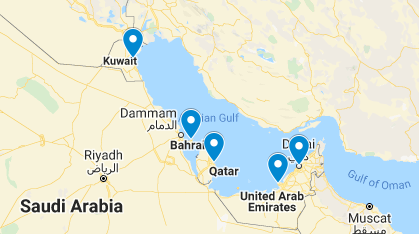Q. I work in a company of around 160 people and recently a colleague left and our employer said he would have to wait for his gratuity because of cash flow problems. I am trying to find out what provisions can be made by small businesses to ensure that gratuity can always be paid?
All companies in the UAE must abide by the countries labour laws on end-of- service fees, better known as gratuity. The laws state that employees are entitled to receive 21 days of their basic salary in gratuity for every year they have worked after one year of service, for the first five years of employment, and 30 days after five years of service as long as it is no more than two years of salary.
These rules apply to those on limited contracts who have not been terminated or contravened any of the terms of their employment contract, or any other UAE laws. However, for those on unlimited contracts gratuity entitlement is cut to one third of the above if the employee resigns after one year, and before three years of continuous service. If the employee has completed five years of service then he/she is entitled to two-thirds of the gratuity.
So, your employers should already have made provisions to pay for the gratuity of all 160 staff, especially in the current economic climate where even the strongest of businesses may have to implement redundancies and manage unexpected staff losses at short notice. The bottom-line is if they can’t pay their employees the gratuity owed then the employee can take legal action in the small claims courts.
Illustrating this point are recent figures from the DIFC Courts, which handles disputes within the financial free zone, which show that such disputes are happening more often with a 27 percent rise in the number of cases held at its small claims tribunal in 2010, compared with 2009.
Group gratuity plans involve ring-fencing capital to fund staff payoffs rather than leaving it as working capital, which has been the practice of many UAE businesses to date. However, this does not mean that the money lies unused, as it can be invested in low risk funds with returns of up to five percent per annum.
In fact in certain instances, depending on the size of the organisation and the level of the funding, these funds can become self-funding through the interest the fund amount accrues. If you assume an annual return of approximately eight percent then by year eight or nine a gratuity fund should reach the cross over point. There are benefits for employers and employees – liabilities are protected from creditors, there is a controlled investment strategy and there is the potential for higher returns.
As a result many companies in the UAE are now moving towards setting up group gratuity plans and from your question it sounds as if your company should be looking to do the same. Business owners wanting to setup group gratuity schemes should seek the assistance of an independent financial advisor as they can offer expert advice on investing capital in different structured insurance schemes and international funds in a way that is tailored to meet their specific needs.
Ian Walton, Director – General Insurance, Nexus Group.

